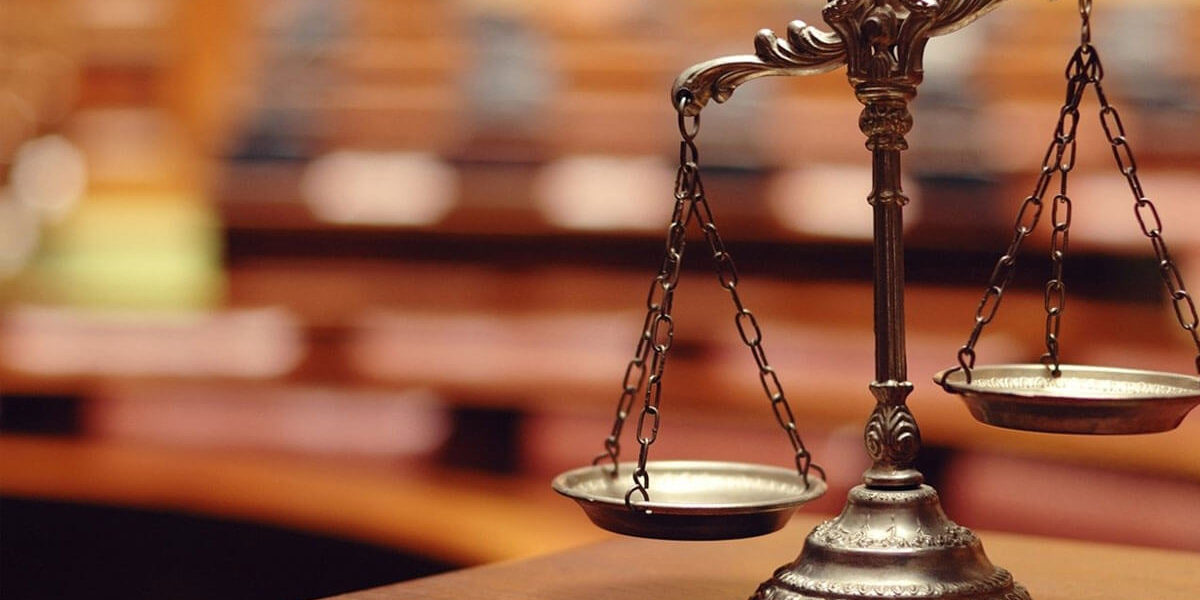If you want specific advice there are a couple of business-related queries you should make, especially to identify whether or not your lawyer is well-versed in your field.
Questions might include:
What business structure should I select? – The first thing you’ll do when creating a small business is to determine its structure or entity. A business lawyer is a person best suited for helping you make that decision.
Both sole proprietorships and general partnerships view the business and the owner as the same entity, so if there are debts or legal issues, you would be held liable.
C Corps, S Corps, and LLCs help distinguish the business from the person so you don’t have to risk your personal assets should your venture fail.
Your lawyer will take a comprehensive view of your business and your plans and can help position you optimally. Doing so will impact how the business is owned, taxed, and managed.
How do I minimize risk? – Starting a small business is a risky enough venture without all of the additional perils you might face. First, your lawyer can assess your situation and look for the areas of greatest risk. Once they’ve made a thorough appraisal of the business, they can make suggestions for how you can best address or avoid those issues. Common ways to do this include:
Creating the ideal entity
Obtaining proper insurance
Obtaining necessary permits and licenses
Following the best hiring practices
Using thorough contracts
Complying with local, state, and federal laws
In all likelihood, there are employment laws on the books that you’ve never heard of. Ignorance won’t save you in a court of law. By asking questions such as these, you can ensure that you are compliant with safety regulations, anti-discrimination, or employment and termination laws.
How do I select my business name? – A name you select for your business is important, but many green business owners operate under the false assumption that they can simply pick any name and then start selling. There are state-specific rules and regulations about naming new business entities. In addition, you may need to worry about trademarks or naming mistakes (e.g., having a misleading statement in the name itself). A lawyer can help you research your options, search for availability, select the proper name, and then apply for rights of use.
Is my business currently operating in a legal fashion? – You might not know that you’re currently operating in compliance with local, municipal, state, and federal laws. There may be fees, permits, and licenses you must pay or apply for in order to operate legally. Failure to take such actions can result in:
Fines
Penalties
Legal liability
Business closure
By consulting with a seasoned attorney, you can establish that you’re currently operating within the boundaries of the law. If not, your lawyer can point out areas that require redress. In addition, laws and regulations are changed or updated regularly; therefore, you need a lawyer to apprise you of any such changes.


